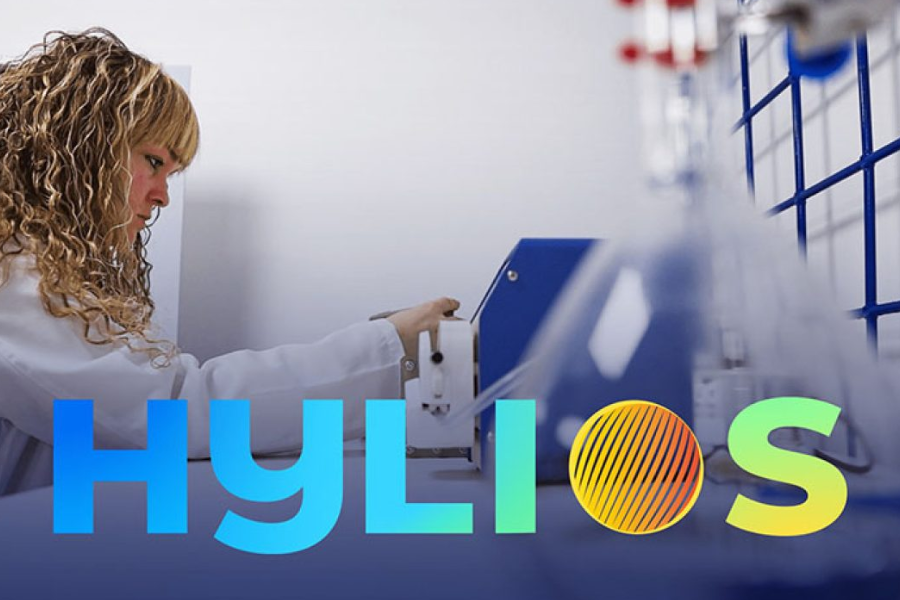IMDEA Energy joins HYLIOS project to produce green hydrogen from wastewater without electricity
IMDEA Energy Research Institute is participating in the new HYLIOS project, which seeks innovative solutions for the sustainable and efficient generation of green hydrogen through the photocatalytic treatment of wastewater.
The project is being carried out thanks to the collaboration of a multidisciplinary consortium, led by Lantania, and also composed of Itecam, Ansasol, the Institute of Chemical Energy (ITQ) and IMDEA Energía.
HYLIOS is committed to photocatalysis, a promising technology that makes it possible to produce green hydrogen without using electricity and is a complementary alternative to traditional electrolysis systems. This technique offers a number of advantages in hydrogen production, such as: using a reactor that decomposes water without using external electricity, which reduces costs and simplifies the infrastructure needed to produce hydrogen; the reduction of green hydrogen production costs in the long term, since the systems and equipment used are less complex and costly; and, finally, the use of lower quality water, reducing the costs of filtration and drinking water.
One of the most revolutionary aspects of HYLIOS in the field of photocatalysis is the development and integration of new metal-organic materials (or MOFs), optimized and based on titanium, which have the unique ability to harness solar energy to decompose water. In this way, there is also a paradigm shift in the treatment of wastewater from wastewater treatment plants, revaluing a resource that is often wasted and contributing to the strategy of sustainability and circular water management.
HYLIOS not only seeks to be a model of technical innovation, but also an example of economic viability in the production of green hydrogen. It represents a step forward towards a more sustainable and economically efficient future in the management of natural resources, drastically reducing energy costs and the environmental impact associated with hydrogen production.
The HYLIOS research project has been selected within the “Public Private Collaboration 2022” call, managed by the State Research Agency (AEI), with funding from the AEI and the Ministry of Science and Innovation (MCIN), as well as from the European Union Funds (Next Generation EU/Recovery, Transformation and Resilience Plan -PRTR-).




